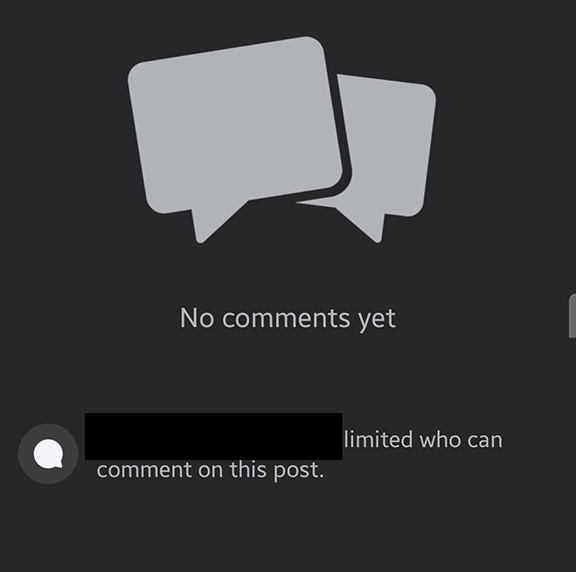A Familiar Pattern in East Brunswick
Something happened this week that’s become all too familiar in East Brunswick — a national story with local ties was posted, and just as fast as the reactions started rolling in, the ability to discuss it was shut down.
The post in question was shared by a well-known local media outlet, covering the federal trespassing charges involving Newark’s mayor and potential repercussions for several members of Congress. Controversial? Sure. Worth talking about? Definitely. But instead of opening the floor to conversation, the comments were limited. Not hidden. Not moderated. Just blocked.
And people noticed.
The Community Reaction
On a local transparency-focused group, residents immediately picked up on it. One commenter called it “yikes,” while another asked the natural question: who decides who gets to comment, and why? There was frustration — not just over the story itself, but over being denied a public square to respond to it.
Others mentioned that they were able to comment on some stories, but not others — which only added to the confusion. It doesn’t take much to see how easily this kind of selective engagement can feel like editorial bias, even if it’s not intended that way.
The Township’s Trend Toward Limiting Discussion
This isn’t the first time we’ve seen something like this. It’s becoming increasingly common — not just from media pages, but from official township sources too. Posts that could spark important, necessary debate are being locked down before they even have the chance to breathe.
To be fair, moderating comment sections isn’t easy. The internet isn’t always kind, and nobody wants to host a flame war. But there’s a difference between protecting civil discourse and preventing it altogether.
Why Open Comments Matter
In this case, the story involves elected officials. The type of story where people should be able to express concerns, ask questions, or even just say how they feel — because these are the people shaping the communities we live in.
Turning off the comments might reduce headaches in the short term, but long term, it erodes trust. It sends a message — intended or not — that only certain voices matter, or that public reaction isn’t welcome unless it follows a certain script.
Journalism Requires Conversation
Independent journalism exists to foster transparency and accountability. And that requires conversation. Even uncomfortable ones.
If our local news and public institutions truly want to serve the public, they need to be willing to listen to it — not just talk at it.




